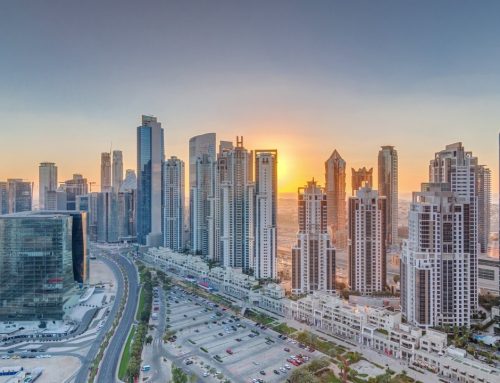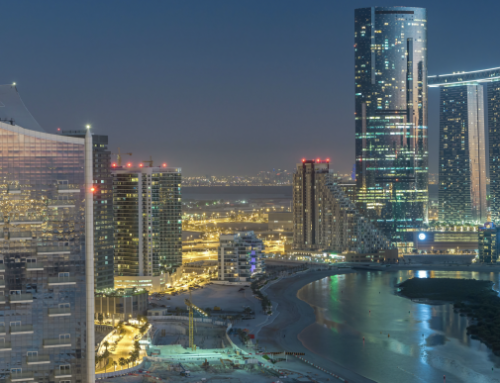The Pros and Cons of Investing in Abu Dhabi’s Hospitality Real Estate Market

The hospitality real estate market in Abu Dhabi has gained significant attention from investors worldwide.
With its booming tourism industry and thriving economy, Abu Dhabi presents an enticing opportunity for individuals seeking to invest in this lucrative sector.
However, like any investment, it is essential to weigh the potential advantages and disadvantages before making a decision
Pros of Investing in Abu Dhabi’s Hospitality Real Estate Market
Growing Tourism Industry:
- Abu Dhabi is a major tourist destination in the Middle East, attracting millions of visitors annually.
- The government’s efforts to diversify the economy and promote tourism have led to a surge in the number of tourists, making hospitality real estate a potentially profitable investment.

High Demand for Luxury Accommodation:
- Abu Dhabi caters to high-end travelers and business executives, creating a strong demand for luxury hotels, resorts, and serviced apartments.
- Investing in upscale properties can yield impressive returns due to premium room rates and occupancy levels.
Strategic Location:
- As a major business and transit hub, Abu Dhabi’s strategic location attracts visitors from around the world.
- This geographical advantage contributes to the continuous flow of tourists and business travelers throughout the year.

Stable Economy and Government Support:
- The Emirate’s stable economy, backed by its rich oil reserves and visionary government policies, provides a secure investment environment.
- The government is supportive of the tourism industry, offering various incentives to attract investors.
Tax Benefits:
- Abu Dhabi offers favorable tax policies for real estate investors, including zero personal income tax and no property taxes for UAE nationals.
- Foreign investors can also benefit from tax-free rental income.

Cons of Investing in Abu Dhabi’s Hospitality Real Estate Market
Cyclical Nature of Tourism:
- The hospitality industry is subject to seasonal fluctuations, and Abu Dhabi is no exception.
- During the scorching summer months, the number of tourists declines significantly, affecting occupancy rates and potential returns.
Market Saturation:
- With the increasing popularity of Abu Dhabi as a tourist destination, the hospitality market has become competitive.
- Investors should carefully assess market saturation and demand in specific areas before making an investment.

Geopolitical Risks:
- Abu Dhabi, like any other region, is susceptible to geopolitical risks. Political instability or regional conflicts can impact tourism and, consequently, the hospitality real estate market.
Regulatory Considerations:
- Foreign investors must navigate through complex legal and regulatory processes, which may involve partnerships with local companies or individuals.

Capital Intensive:
- Hospitality real estate investments often require substantial capital, especially when developing or acquiring large-scale projects.
- This financial commitment may be a barrier for some potential investors.
Investing in Abu Dhabi’s hospitality real estate market can be a rewarding venture for those who carefully consider the opportunities and challenges.
The growing tourism industry, high demand for luxury accommodation, stable economy, and tax benefits are compelling reasons to explore this market.
However, potential investors should also be mindful of the cyclical nature of tourism, market saturation, and the capital-intensive nature of hospitality investments.
It is crucial to conduct thorough research, seek expert advice, and assess personal risk tolerance before making any investment decisions in Abu Dhabi’s hospitality real estate market.





